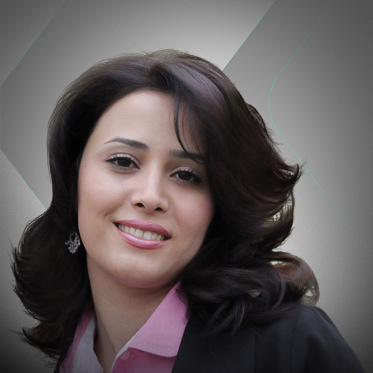Kurdistan, the only government in Middle East that recognizes religious diversity
.JPG)
LOS ANGELES, United States (Kurdistan24) - Kurdistan Regional Government (KRG) representatives were warmly received and awarded on Sunday in California Zoroastrian Center.
Awat Darya, representatives of Kurdistan's Zoroastrians to KRG received an award presented by the California Zoroastrian Center in honour of her attempts in being a voice for the religious minority in Kurdistan Region.
Darya told Kurdistan24, she has been contacting people of her faith across the globe to create a network of support and to inform them that in Kurdistan Region, they are officially protected.
In 2015, Zoroastrianism gained official recognition as one of the beliefs as per Law No. 5 of Protecting Components of Kurdistan Region.
A new Zoroastrian temple was opened in Sulaimani in 2016.
Darya is the only female representative among all religions that are recognized by KRG.
Currently, Islam, Christianity, Zoroastrianism, yarasanism, Yazidism, Alevism, and Judaism have representatives in the KRG.

Mariwan Naqshbandi, a top official with Kurdistan’s Ministry of Endowment and Religious Affairs, was in the United States as a guest of the State Department to spread peaceful coexistence among all religious groups that were prosecuted at different times in history.
While religious diversity is now facing increasing danger in Middle Eastern countries, especially in Syria and Iraq where the Islamic State took over, Kurds are embracing religious diversity.
Kurdistan Region is the only Muslim-majority government where the laws officially protect the rights of all religious groups, Naqshbandi told Kurdistan24.
"This is in contrast with the Federal Government of Iraq that recognizes only one religion," he added.
"When Kurdistan becomes an independent state, it will spread peace and stability in the Middle East and will be a model for other countries in the region, showing how people of all faiths and ethnic backgrounds can live in harmony," he concluded.
Kamran Babakan a California-based Kurdish-Iranian attendee told Kurdistan24 the flag presented at the seminar signifies an odd combination and contrast of Kurdish and Iranian nationalism.
"For Zoroastrians, one's country comes before the religion. Kurdish and Iranian Zoroastrians are equally nationalists. Iranians say 'Kurds are one of us' but Kurds claim independence. Organizers are tiptoeing along the conflict of interest but Iranians continue to see Kurds as a threat to their territorial integrity, even Iraqi Kurds," he said.

The Zoroastrian movement claims to have as many as 100,000 followers in Kurdistan Region although Awat said she suspects the real number is higher, adding that many fear to publicize their religion.
She also added that more and more Muslims, disappointed and disillusioned by Islamic State's interpretation of Islam, are converting into Zoroastrianism.
A 2006 report by the New York Times put the number of Zoroastrians worldwide at 190,000 at the most.
The Zoroastrianism is an ancient monotheistic religion believing in one God name Ahura Mazda.
Zarathushtra introduced the religion approximately 3,500 years ago and preached a doctrine of good, evil and retribution.
The Zoroastrian is known for the triple motto of Good Thoughts, Good Words, Good Deeds.
